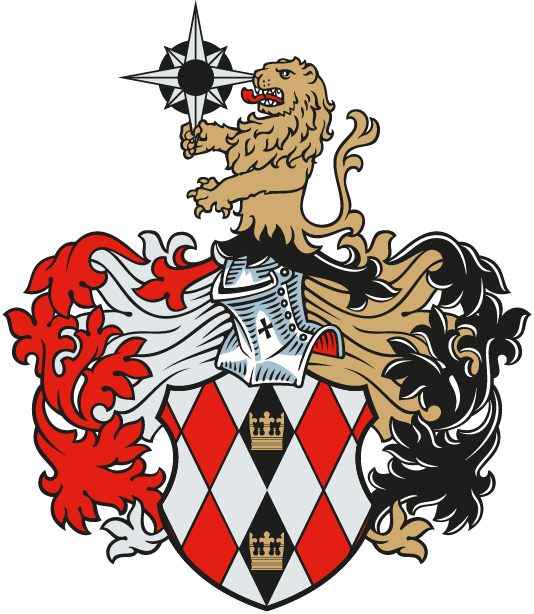

Dubai is redefining the business landscape with its One Freezone Passport initiative, allowing companies to operate seamlessly across multiple free zones without the need for additional licenses. Louis Vuitton, the global luxury powerhouse, spearheads this program as its first corporate member. This bold move marks a new era of cross-zone collaboration and cements Dubai’s status as a global business hub.
The morning light spills across polished concrete floors at the Dubai Design District (d3), bouncing off glass walls and curated window displays. In a corner showroom, a Louis Vuitton trunk gleams under a spotlight – timeless, luxurious, and now, emblematic of something much bigger: a new chapter in Dubai’s economic story.
“It’s like we just got a golden key,” says a marketing executive in a sharp black suit, sipping espresso beneath a mural of Arabic calligraphy. That key is the One Freezone Passport – a new initiative by the Dubai Integrated Economic Zones Authority (DIEZ). And Louis Vuitton is the first global brand to hold it.
What does it mean? In essence, it’s freedom. Companies can now operate across DIEZ’s various economic zones – including d3, Dubai Airport Freezone (DAFZ), and Dubai Silicon Oasis (DSO) – without redundant paperwork or reapplying for licenses. Just one registration, one license, and access to a network of opportunity.
“Dubai is dismantling internal borders,” says Dr. Mohammed Al Zarooni, DIEZ’s Executive Chairman. “We want ideas, people, and commerce to move more freely.”
The pilot phase of the project focuses on sectors like design, media, tech, AI, and fashion – industries that thrive on flexibility and cross-pollination. Over 5,000 companies are expected to benefit. But Louis Vuitton’s involvement gives the initiative style and status. It’s not just a policy shift – it’s a statement.
For the luxury brand, the move means streamlined operations and more efficient regional oversight. For Dubai, it’s a strategic magnet for foreign direct investment, talent acquisition, and innovation growth.
Inside d3, the buzz is tangible. Creative studios, tech startups, and fashion showrooms all share the same skyline. With the One Freezone Passport, they might soon share resources, talent, and even real estate footprints.
One entrepreneur in a casual blazer grins. “This changes expansion strategy overnight. Now, we think in clusters, not silos.”
For real estate investors, the One Freezone Passport unlocks immense potential. As companies gain operational freedom across Dubai's key economic zones, demand for premium commercial spaces in d3, DAFZ, and DSO is set to surge.
This initiative encourages international firms to expand their presence without being confined to a single zone. The result? Increased occupancy rates, higher rental yields, and growing interest in mixed-use developments near these zones.
Flexible workspaces, high-spec office buildings, and well-connected business parks become prime investment targets. Dubai’s infrastructure and pro-business policies continue to attract global tenants – and with this new passport system, the city reinforces its appeal as a real estate haven for agile, future-forward investors.
